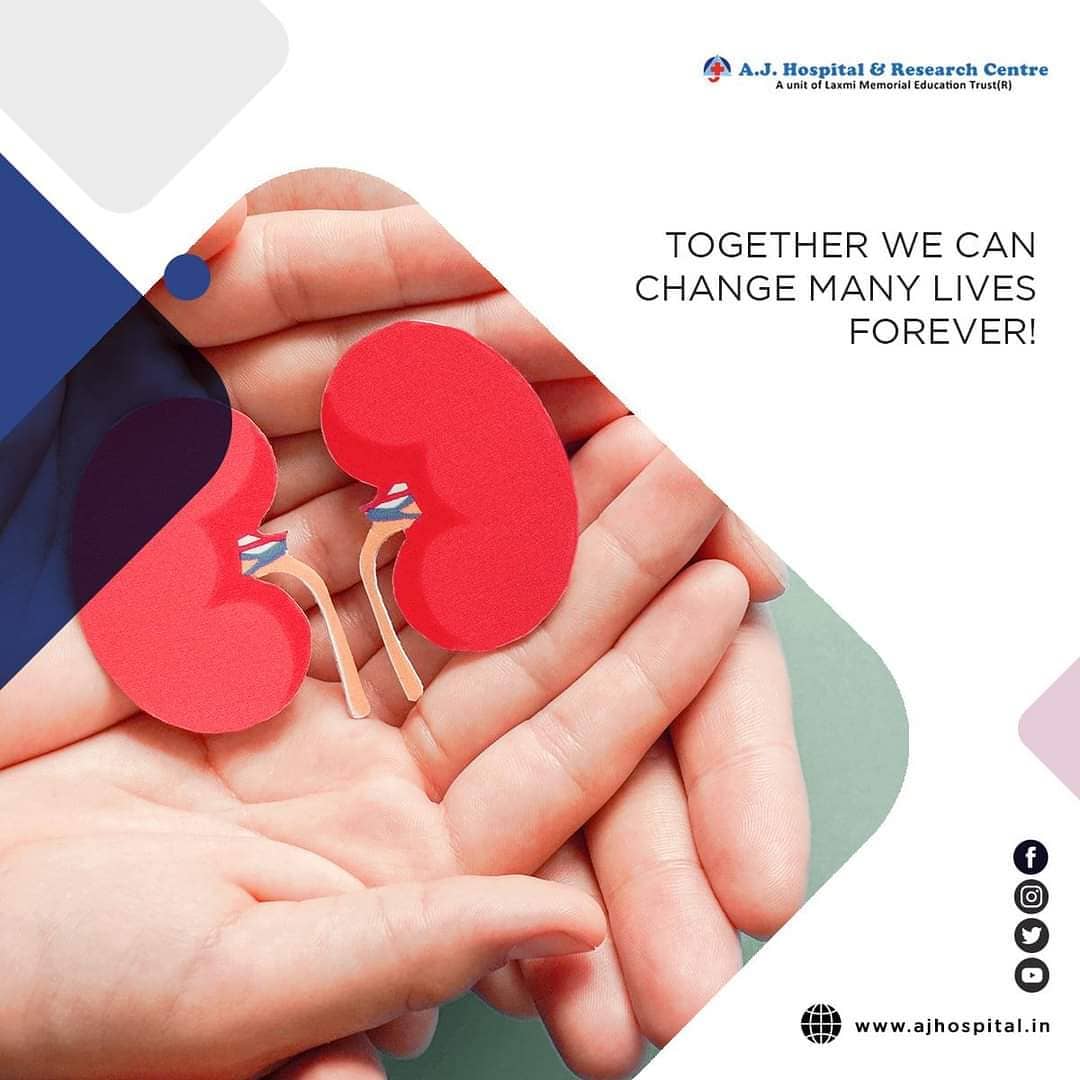
Why Become an Organ Donor? - Importance of Organ Donation
An organ transplant is often the only treatment for end stage organ failure. Unfortunately, not everyone who needs a transplantation receives one. In India, there are currently more than 220,000 people on the waiting list to receive a kidney, of which only 15,000 end up receiving a kidney. When diagnosed with the necessity of an organ transplant, a patient’s name is entered into the waiting list, prepared by hospitals which are equipped to handle organ transplants. Once the name is listed, the long and agonising wait begins. Over 5 Lakh people lose their lives in India every year waiting for a donation despite their name being on the waiting list. The lives of those expecting to receive a donation can be harrowing.
The discrepancy between the number of donors and receivers is rather shocking. The main reason for this is the lack of awareness about the process of organ donation.

What is an organ donation?
Organ donation is the process when an individual allows one of their organs to be removed and transplanted to another person. The process of transplantation is a medical procedure to replace a person’s dysfunctional organs or tissues with those of a healthy person to restore their function. While most organs are transplanted from a deceased person, living person’s can also donate a kidney, portions of the liver, lung, pancreas, intestines, blood, and still continue to live a normal life.
Why become an organ donor?
One organ donor can donate upto 25 tissues and organs and save up to 9 lives! Each donor, after passing away, can give the gift of life to 9 people. Organ transplantation is often the only hope for survival for a large number of people. The lack of willing donors in India costs 500,000 people their lives in a year. It is thus very important to consider the prospect of donating your organs in the event of your death. Through organ donation, you can give people a new life.

Who can be an Organ Donor?
There are no restrictions on age, gender, religion etc. for being an organ donor. People of all ages are eligible donors. In the event of one’s death, their organs are evaluated for donor suitability based on their medical history. Recently, a 20 month old became the youngest cadaver donor after her organs saved the lives of 5 critically ill patients. Despite the tragic circumstances, this young toddler gave the gift of life to many. Like age, religion does not pose any limitations on organ donation. Virtually all religious denominations approve of organ and tissue donation as representing the highest humanitarian ideals and the ultimate charitable act.

Will Organ Donation disfigure the body?
This is a common myth associated with Organ Donation. A small incision is made to retrieve the organs and there is no disfiguration of the body in the process. The bodies of the deceased are treated with the utmost respect during the process.
We, at AJ Hospital and Research Centre, have a dedicated program to raise awareness about the need for organ donation. Our JEEVANVILEENA program aims to increase awareness about organ donation and throw light on any queries one might have about organ donation. With JEEVANVILEENA, we hope to educate and inspire people to register and become organ donors. By becoming a registered organ donor, you’ll have the opportunity to save numerous lives. Learn more about the process of becoming an organ donor and take an oath to save lives today.

